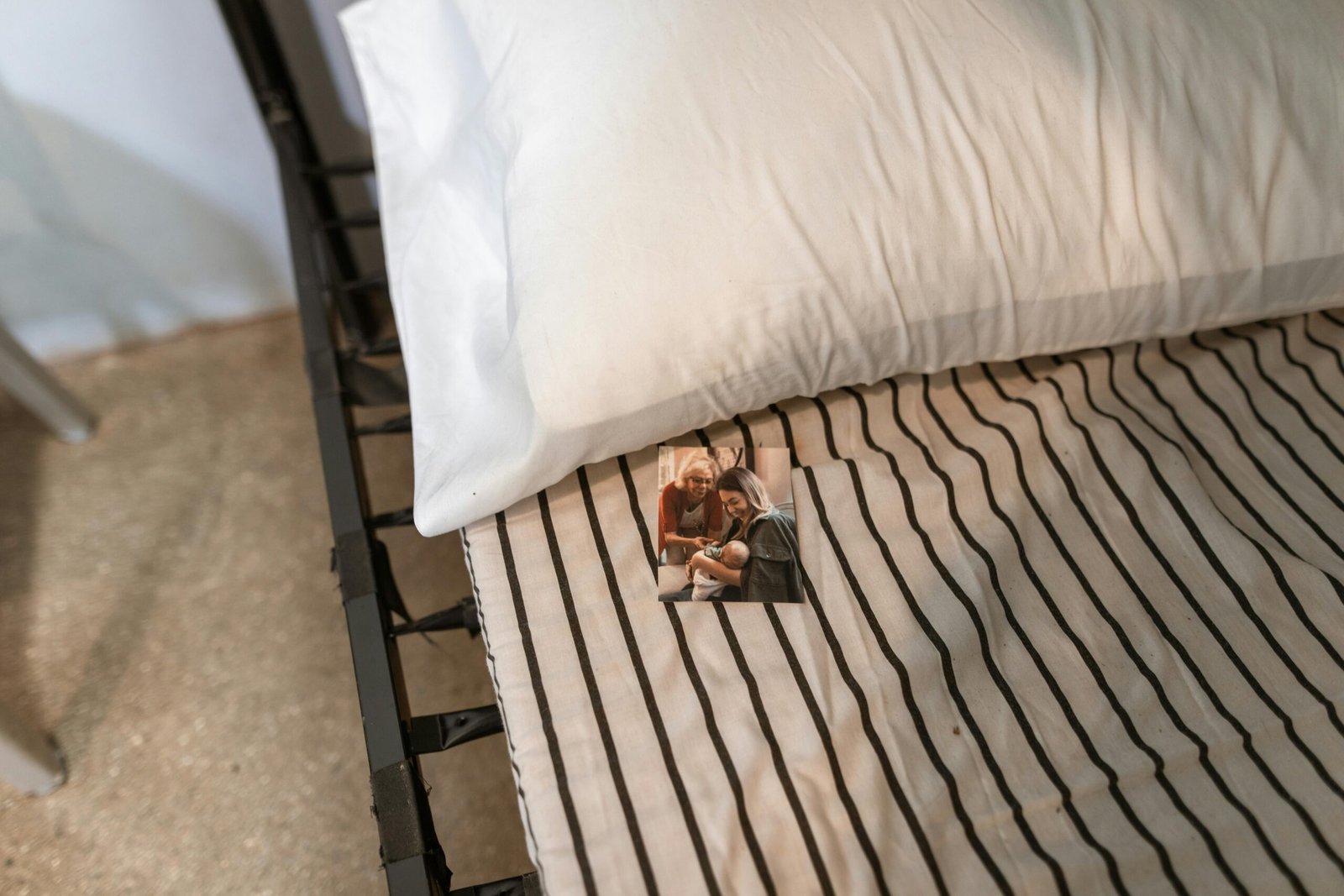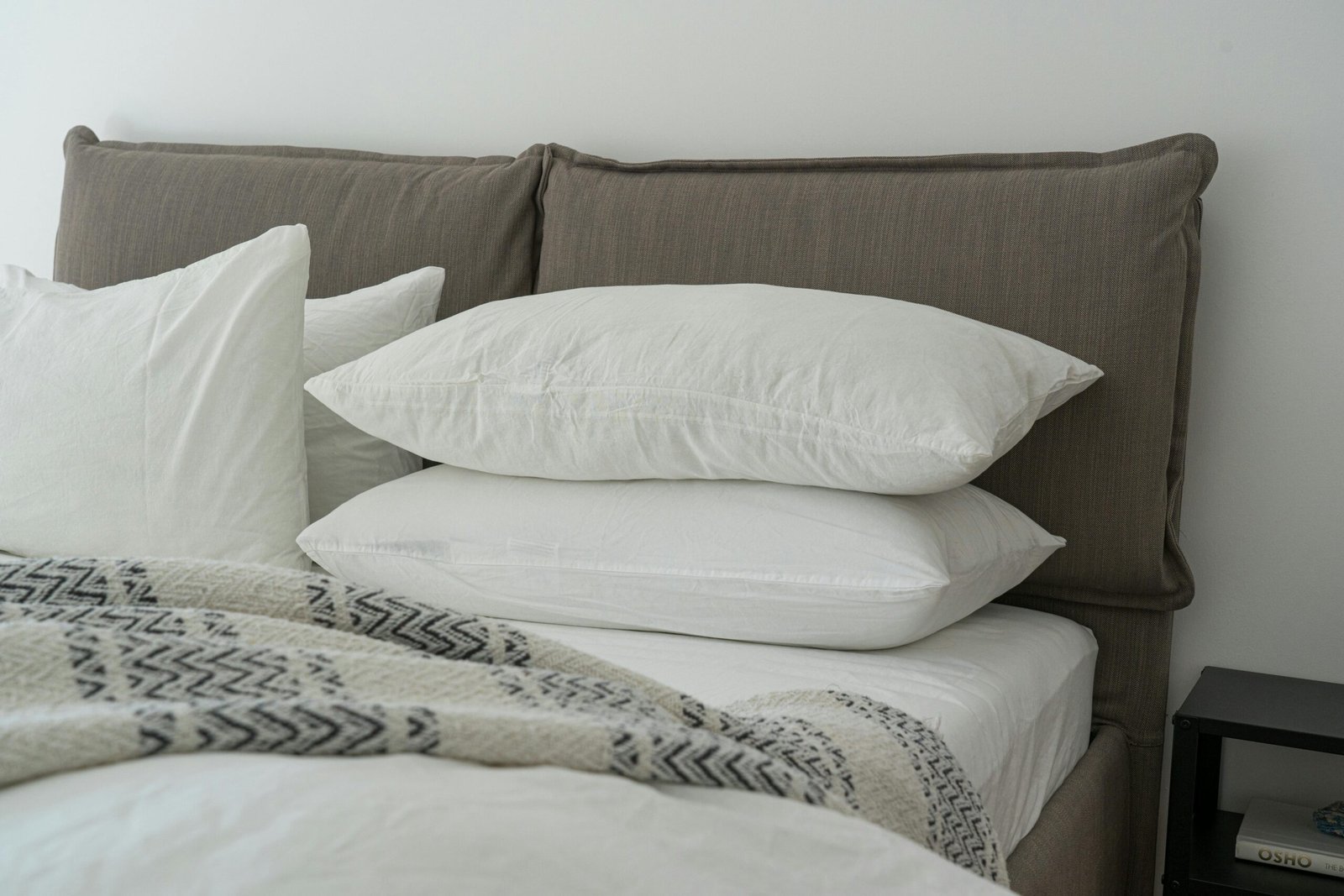

Introduction to Synthetic Pillows
Synthetic pillows have gained significant traction in the bedding market, largely due to their innovative composition and practical benefits. Unlike traditional pillows filled with down feathers or natural cotton, synthetic pillows utilize man-made materials such as polyester fibers. These materials not only mimic the comfort of natural fillings but also offer a number of advantages that appeal to a wide range of consumers.
One prominent reason for the increasing popularity of synthetic pillows is their affordability. Generally, synthetic options tend to be less expensive compared to down or organic cotton alternatives, making them an accessible choice for budget-conscious consumers. The cost-effectiveness of these pillows does not compromise their functionality; rather, it allows a broader audience to enjoy quality sleep without overspending.
Moreover, synthetic pillows are often hypoallergenic, making them an ideal choice for individuals who are sensitive to allergens found in natural materials. This feature is particularly appealing to those with allergies or asthma, as synthetic materials resist mold, dust mites, and other allergens. The ease of maintenance further enhances their appeal; many synthetic pillows are machine washable, ensuring that maintaining hygiene is as straightforward as possible.
In terms of performance, synthetic pillows are designed to retain their shape, providing consistent support throughout the night. Their capacity to provide adequate support makes them suitable for various sleeping positions, whether one is a back, side, or stomach sleeper. Additionally, advancements in technology have led to the development of specialized synthetic pillows that cater to specific needs, such as cervical support or cooling properties.
Overall, the benefits of synthetic pillows—combined with their affordability and practicality—present a compelling case for their consideration, appealing to a diverse range of consumers seeking comfort and value in their sleep products.
Affordability and Budget-Friendly Options
The cost of bedding items, particularly pillows, can significantly vary based on materials and brand reputation. Synthetic pillows stand out as a commendable option for budget-conscious consumers, blending affordability with quality. These pillows are often made from materials such as polyester and microfiber, which are not only cheaper to produce but also capable of delivering comparable comfort to their natural counterparts like down or latex.
The price range for synthetic pillows generally falls between $10 and $50, making them an accessible choice for various demographics. This broad spectrum allows individuals and families to select products that appeal to their specific financial circumstances without sacrificing comfort. For instance, basic polyester pillows usually reside at the lower end of the scale, while more advanced options, like gel-infused or hypoallergenic synthetic pillows, can be found in the mid-price range.
Moreover, synthetic pillows often come with additional advantages that enhance their value proposition. Many of these products are machine-washable and resistant to allergens, which are particularly important features for families with children or individuals with sensitivities. This durability and ease of care ensure that the pillows maintain their quality over time, further justifying the investment made. Instead of opting for pricier alternatives that may not significantly outperform synthetic versions, consumers can find suitable solutions that cater to their comfort and health needs while remaining within budget.
As such, synthetic pillows emerge as a smart choice for those seeking to balance cost with comfort, proving that quality sleep can be attained without financial strain. Ultimately, investing in synthetic pillows can facilitate a more restful night’s sleep at a fraction of the price of traditional pillow options.
Practical Advantages of Synthetic Pillows
Synthetic pillows offer a multitude of practical advantages that make them an appealing choice for consumers. One of the most notable benefits is their hypoallergenic properties. Individuals with allergies or sensitivities often find relief when using synthetic materials, as these pillows are less likely to harbor dust mites, mold, and other allergens compared to natural counterparts. This characteristic can significantly improve sleep quality for allergy sufferers, ultimately contributing to better overall health.
Another advantage of synthetic pillows is their ease of maintenance. Unlike pillows made from natural materials, which may require special cleaning methods, synthetic options can typically be machine washed and dried. This feature makes them a superior choice for those seeking convenience in their sleep environment. Regular washing is essential to keep any pillow fresh and hygienic, and synthetic pillows withstand repeated washings without losing their shape or support. To maintain their durability, it is advisable to follow the care instructions provided by the manufacturer, including using a gentle detergent and avoiding high heat in the dryer.
Furthermore, synthetic pillows tend to demonstrate greater durability compared to natural alternatives. Over time, natural fibers can break down, leading to lumps and diminished support. In contrast, synthetic materials are engineered for resilience, ensuring that they maintain their structure and comfort level for an extended period. This durability makes synthetic pillows a sensible long-term investment, as they do not need to be replaced as frequently as their natural counterparts.
In conclusion, the practical advantages of synthetic pillows, including their hypoallergenic properties, ease of maintenance, and durability, position them as an excellent choice for a wide range of sleepers. By following proper care instructions, users can extend the life of their pillows while enjoying a cleaner and healthier sleep experience.
Summary of Benefits and Considerations
Synthetic pillows offer an array of advantages that make them a compelling choice for many consumers. One of the most significant benefits is their hypoallergenic properties. Unlike traditional down or feather pillows, synthetic materials resist allergens such as dust mites and mold, making them ideal for individuals with allergies or respiratory issues. Additionally, synthetic pillows often maintain their shape and structure over time, which can contribute to better support and alignment during sleep, reducing issues like neck and back pain.
Moreover, synthetic pillows are generally more affordable than their natural counterparts, providing a cost-effective solution without compromising quality. Their ease of maintenance is another attractive feature; many synthetic options are machine washable and quick to dry, ensuring cleanliness with minimal effort. Furthermore, the variety of synthetic materials available, such as memory foam and polyester, allows consumers to select options best suited to their personal comfort needs and sleeping preferences.
However, when considering synthetic pillows, it is essential to recognize that personal comfort preferences play a significant role in selecting the right pillow. Some individuals may find that natural materials suit them better, especially those who prioritize breathability or a specific loft level. Additionally, while synthetic options are largely durable, not all manufacturers adhere to the same quality standards; therefore, research and reviews are advisable to ensure a satisfactory purchase.
In conclusion, while synthetic pillows present numerous benefits, consumers should assess their specific needs and preferences. Exploring the various available options can lead to informed choices, ensuring a sleep experience that aligns with individual requirements. Synthetic pillows undoubtedly stand out as a legitimate and pragmatic alternative to traditional pillow types, warranting consideration in the quest for restorative sleep.
RELATED POSTS
View all



